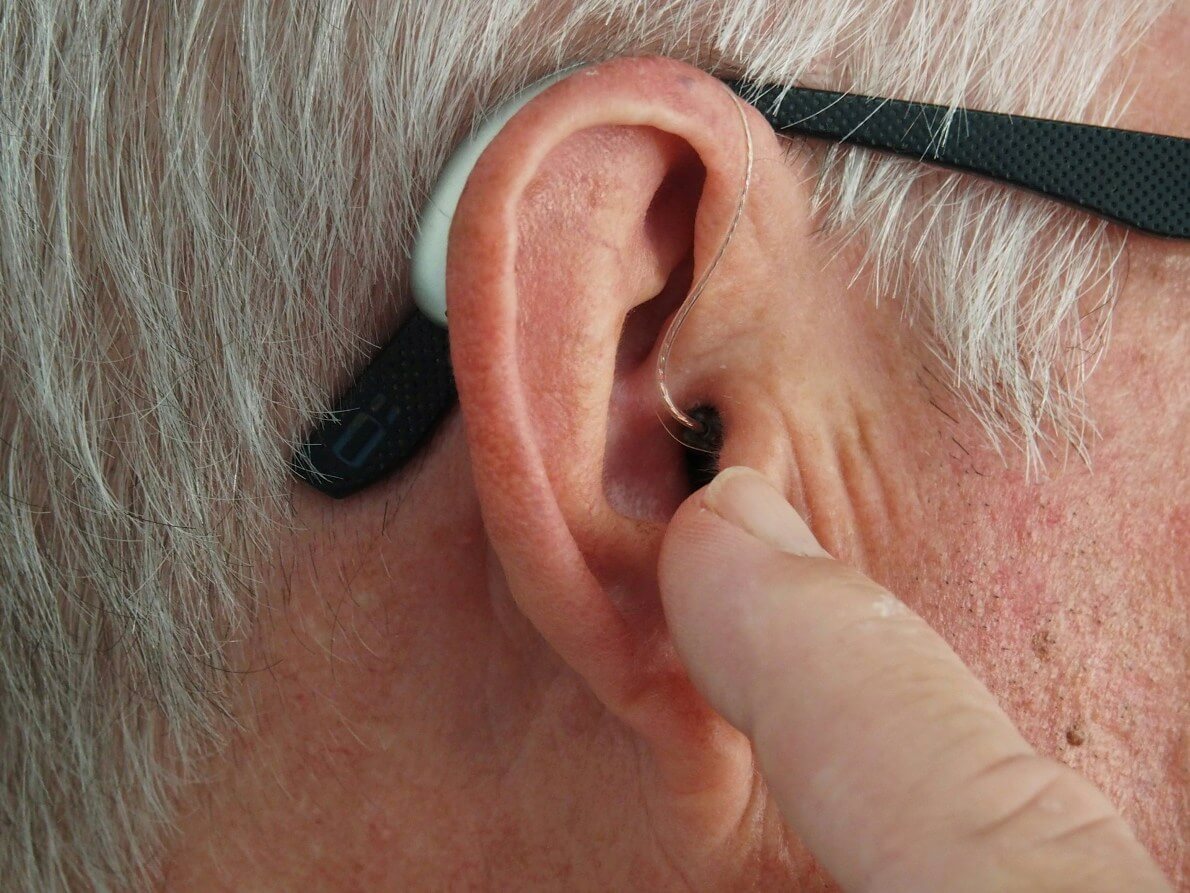Hearing loss can be a gradual process, often unnoticed until it starts significantly affecting daily life. Whether it’s struggling to follow conversations in a noisy room or constantly increasing the TV volume, these signs can indicate that it’s time to consider hearing aids. This blog post will guide you through understanding hearing loss and determining whether hearing aids might be necessary for you.
1. Recognizing the Signs of Hearing Loss
Common Symptoms to Look Out For
Hearing loss symptoms can vary from person to person, but some common signs include:
- Difficulty understanding words, especially against background noise or in a crowd.
- Frequently asking others to speak more slowly, clearly, or loudly.
- Needing to turn up the volume of the television or radio.
- Withdrawal from conversations and avoidance of some social settings.
If these symptoms sound familiar, it might be time to assess your hearing health.
Causes of Hearing Loss
Hearing loss can occur due to several factors, including aging, exposure to loud noise, ear infections, certain medications, and various health conditions like diabetes or heart disease. Understanding the cause of your hearing loss is essential in determining the right course of action.
2. The Importance of a Professional Hearing Test
Consulting with an Audiologist
If you’re experiencing signs of hearing loss, the first step is to schedule a hearing test with an audiologist. This professional can determine the extent of your hearing loss and recommend the best solutions. Hearing tests are painless and provide valuable information about your hearing health.
Understanding the Results
The results of a hearing test are typically presented in an audiogram, which shows the softest sounds you can hear at various frequencies. If the test reveals that you have hearing loss, the audiologist will discuss the types and styles of hearing aids that might be beneficial for you, considering your lifestyle, the severity of your hearing loss, and your personal preferences.
3. The Benefits of Hearing Aids
Improved Communication and Social Interaction
Hearing aids can significantly improve your ability to communicate and interact socially. They make it easier to follow conversations, participate in group settings, and enjoy social activities you might have been avoiding. This can lead to an improved quality of life and better mental and emotional health.
Technological Advances in Hearing Aids
Today’s hearing aids are far more advanced than their predecessors. Many models are virtually invisible, highly effective, and can be customized to your specific hearing needs. Some hearing aids can even be connected to smartphones, allowing for easy control and adjustment.
4. Making the Decision
Assessing Your Lifestyle Needs
When considering hearing aids, it’s important to think about your lifestyle. Do you often find yourself in noisy environments, or do you lead a quieter life? Are you tech-savvy and interested in the latest features, or do you prefer something more straightforward? These considerations will help determine the right type of hearing aid for you.
Overcoming Stigma and Concerns
Many people hesitate to get hearing aids due to the stigma associated with them or concerns about their appearance. However, the benefits of improved hearing and quality of life far outweigh these concerns. Modern hearing aids are discreet, and many users find that most people don’t even notice them.
Also Read: Blood Pressure and Weight: Is There a Correlation
Conclusion
If you’re experiencing signs of hearing loss, it’s important not to ignore them. Consult with an audiologist to get a professional evaluation of your hearing. With the right hearing aids, you can significantly improve your ability to communicate and enjoy a fuller, more engaged life. Remember, taking the step towards better hearing is not just about the physical act of hearing; it’s about reconnecting with the world around you.









